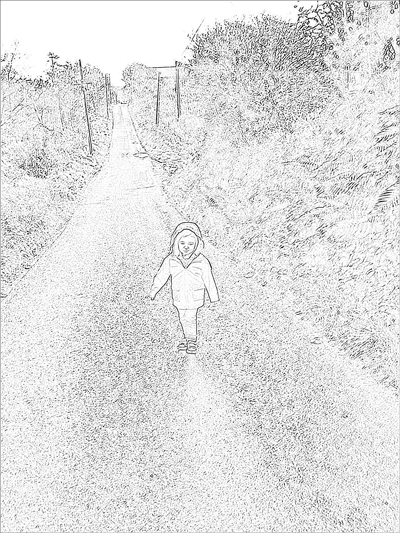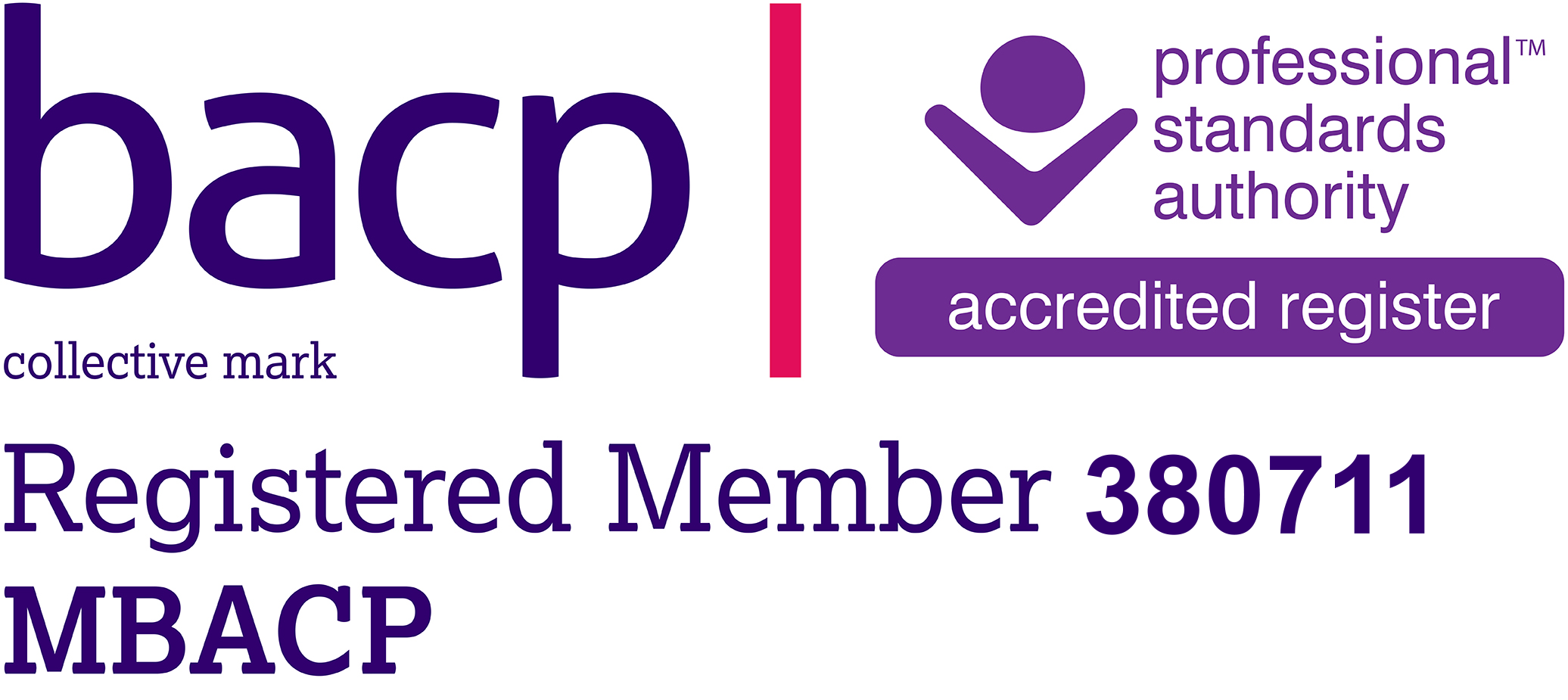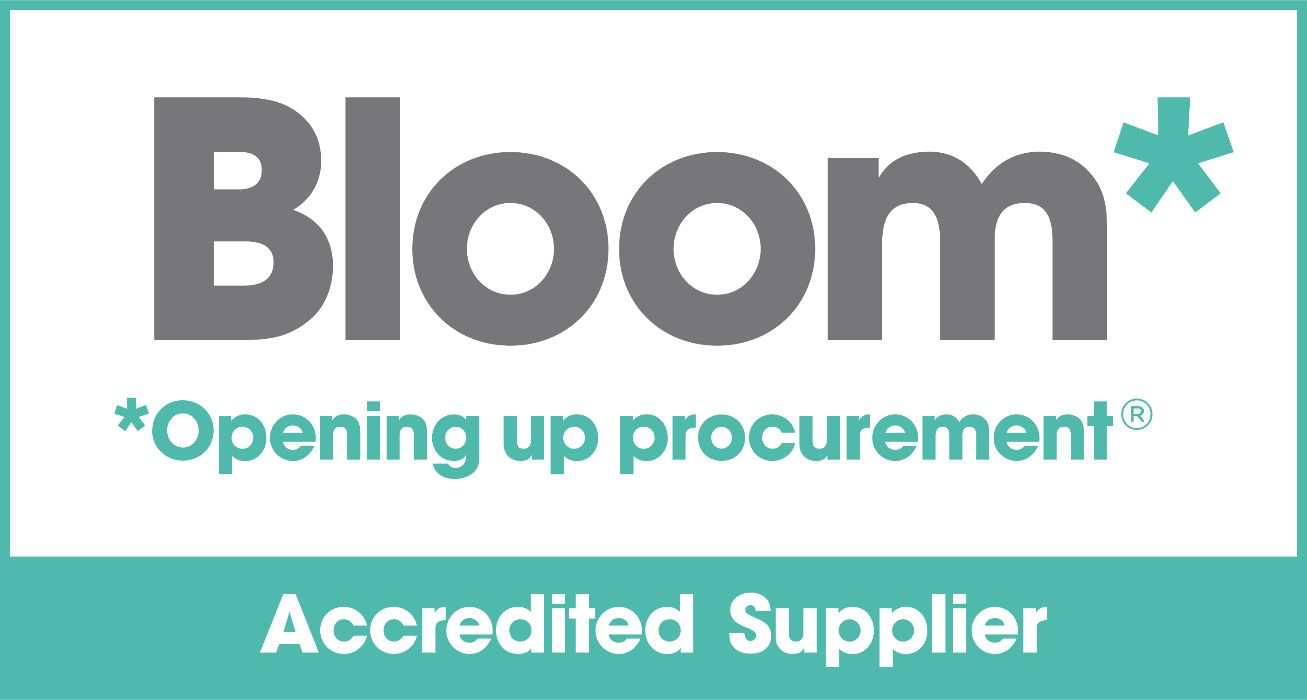Child Psychotherapy
Child and Adolescent Psychotherapy can be helpful for the following issues:
- Depression
- Trauma
- Abuse
- Self-harm
- Anxiety
- OCD
- Self-awareness; confidence, self-esteem
- Issues with friendship, sibling conflict, loss, bereavement
Clinical experience has taught me that when children present with emotional difficulties they are often manifesting a reaction to challenges and issues that began life outside them or before, even, they were born. In my assessment work, I co-create with families a space where we can investigate problems together, share ideas and formulations – including painful ones. It is important to consider not only what are the problems in the here and now, but what the child’s developmental history was, what the home environment is like including what stresses the family currently face, and also what the childhoods of parents were like. It is important that parents feel heard and not judged.
I find it particularly important to put into words the unconscious meaning behind children’s behaviour and the emotion it stirs up. I find that when adults are helped to understand children's communications, change and improvement become so much more possible. It is, in a sense, a process of translation: behavior into words.
Sometimes, following assessment, we may decide that the best treatment is to work with the parent and child together. Parent/ child Psychotherapy is particularly suited to younger children (less so adolescents). If this interests you please see the next page.
When 1:1 Psychotherapy is indicated as suitable by the assessment a child will then be seen 1:1 either weekly or fortnightly.
How it works:
I start with a brief discussion over the phone - at no cost - to hear from parents about their concerns and describe how I work. If we agree to proceed, we then begin an assessment which may consist of 2-3 meetings with parents; and then meet the child, initially with the parents, for a further session or two. Finally, a review meeting with parents is held to consider the assessment findings and decide whether regular Psychotherapy is indicated.
In child psychotherapy I work to make the child feel safe, listened to and understood. It is a confidential space, though regular reviews with parents can give an overview of themes in the work. Much of the work of therapy is achieved through play and their feelings about the therapy. Children express and communicate their preoccupations via these two areas and it becomes possible to gently raise the child’s awareness of their deep inner feelings and, ultimately, to help them to talk about and process them. Children in Child and Adolescent Psychotherapy usually develop greater self-understanding, and a raised capacity for using words rather than actions to communicate painful feelings.
Ideally parents will be seen periodically for work that supports the child’s therapy. Reviews of the work and the progress are also important. All of this can be discussed at the initial stage.
Contact me in confidence on t: 07877 048 087 or e:
 North East London, Essex & Online
North East London, Essex & Online


